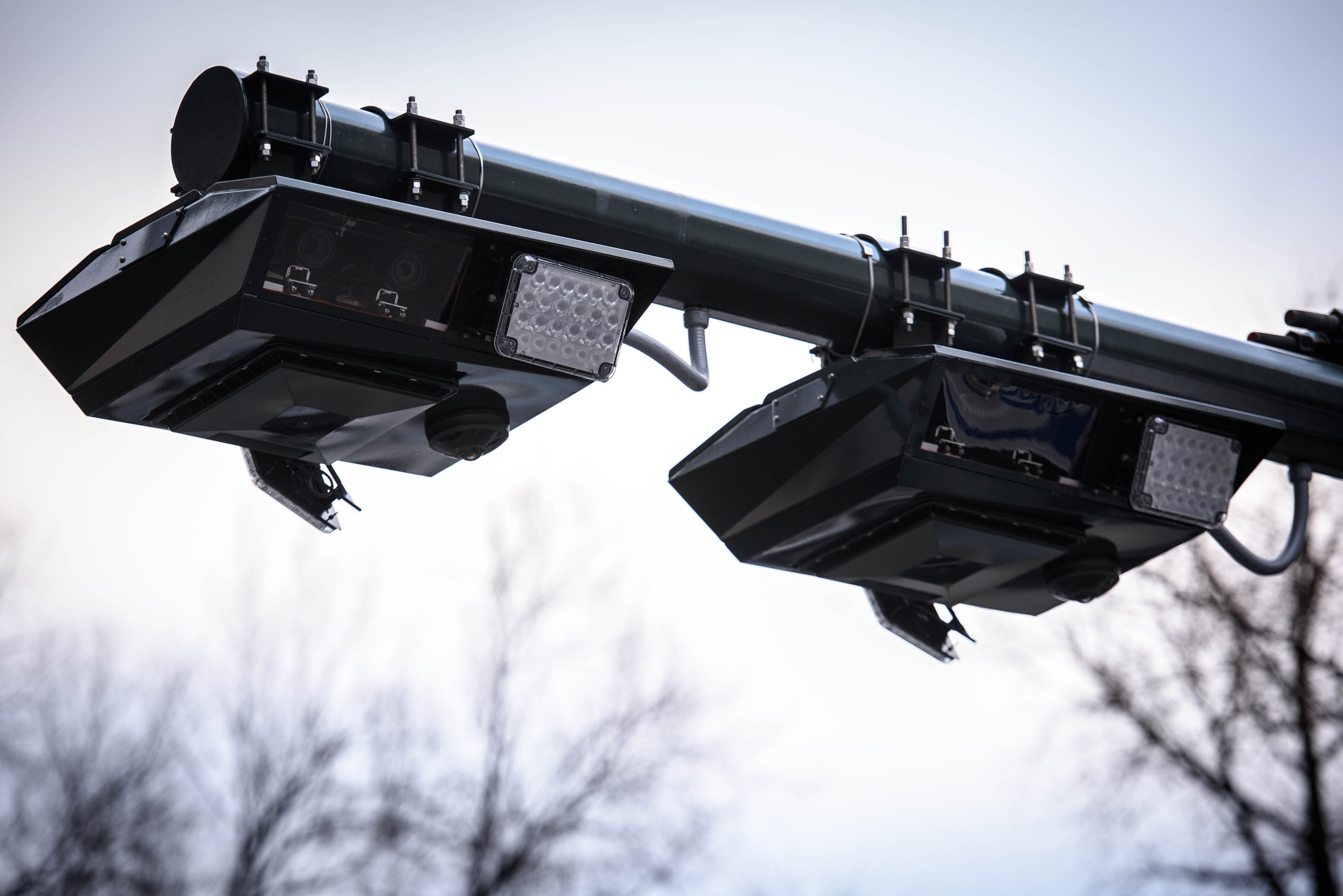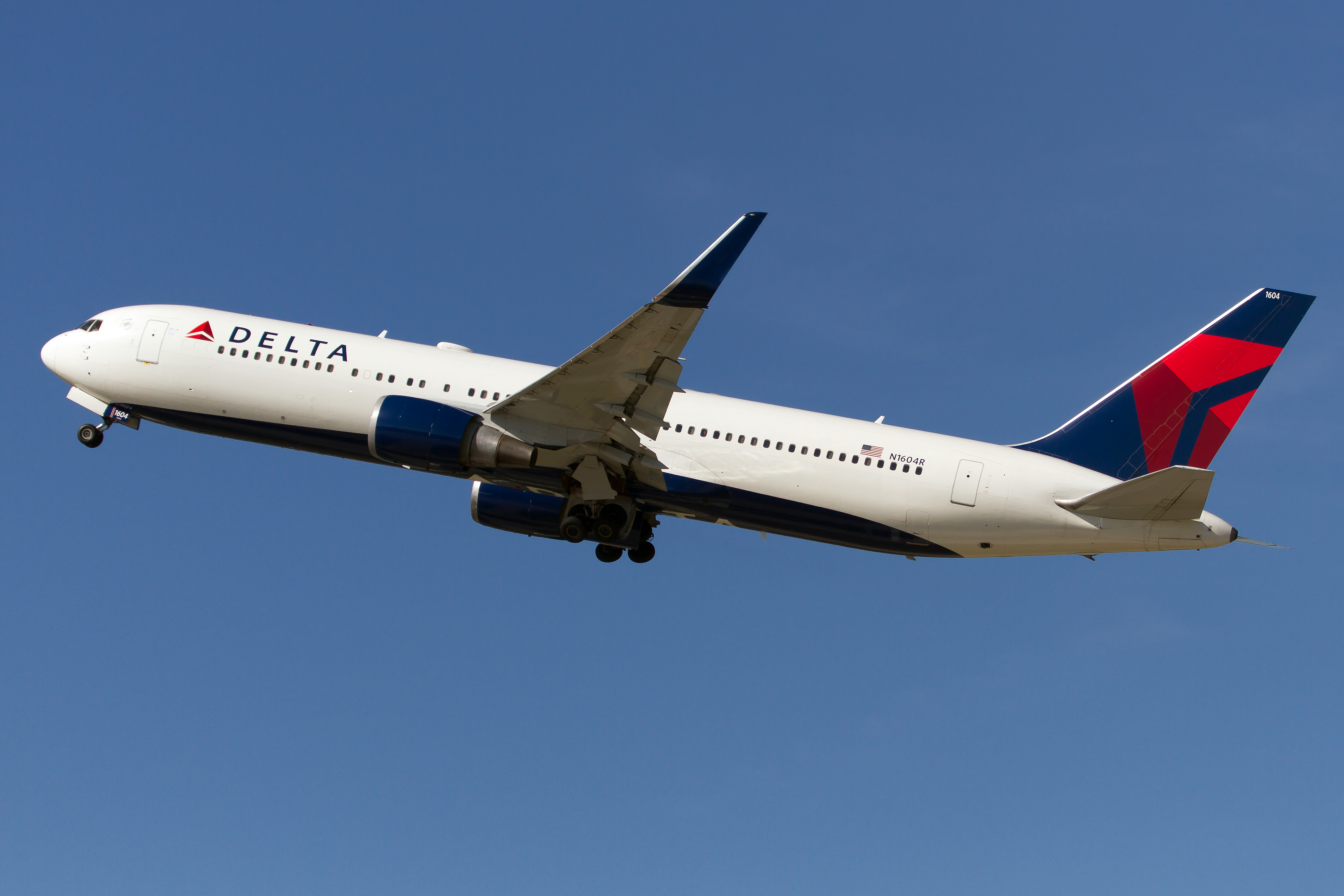What to Know
- The Diplomatic Security Service is the State Department's law enforcement and security wing that operates internationally and domestically, including protecting travel documents and foreign dignitaries.
- About 700 DSS staff, including 400 agents, security engineers and technical specialists travel to NYC each year to work at the U.N. General Assembly.
- The DSS partners with the U.S. Marshals Service, ATF and NYPD for the UNGA.
The United Nations General Assembly welcomes almost 200 member states to discuss global challenges from climate change to ongoing wars -- an annual gathering that brings the best in security together in New York City.
NBC New York followed security agents for a day as the team demonstrated simulated attacks and toured the main command center, which carefully watches over the city during this high-profile event.
The Diplomatic Security Service is the State Department's law enforcement and security wing that operates internationally and domestically, including protecting travel documents and foreign dignitaries.
Get Tri-state area news and weather forecasts to your inbox. Sign up for NBC New York newsletters.
Employees have the opportunity to be stationed in designated cities across the globe, managing daily responsibilities and developments within investigations.
The UNGA is considered the largest yearly event for the DSS, often named within the organization as its "Super Bowl," with approximately 700 staff members traveling to NYC, including 400 special agents on the scene.
"We start preparing for this the day that it ends the year before, because of how much is involved in preparation and partnering with the other federal agencies, the City of New York, and other local entities who assist us in getting this tremendous job done," said Gentry Smith, Assistant Secretary for Diplomatic Security, to NBC New York during an interview at the temporary NYC DSS operations center.
News
The DSS works together with the U.S. Marshals Service, the Bureau of Alcohol, Tobacco, Firearms and Explosives and the NYPD to direct the overall security detail.
Before the UNGA meetings officially start, agents visit the NYPD training facility at Rodman's Neck in the Bronx to refresh tactical and emergency medical training.
Tony Emanuele is a special agent for the DSS who led a few simulations with other agents on how to react to certain attacks, such as hostage situations.
"We are doing reactions to different attacks in what we call TCCC, tactical combat casualty care, so we're working on medical reactions, prevent a motorcade from being attacked, what to do when something like that happens," Emanuele told News 4.
Emanuele protects U.S. ambassadors to the U.N. and other foreign dignitaries and works along with the U.S. Coast Guard on planning different evacuation platforms from helicopters.
Shawn Soler is a retired NYPD detective and served as a first responder for over 25 years. He is the founder of Medicine in Bad Places, a consulting and instructing program to teach "stop the bleed" techniques in the field.
Tourniquets are the first line of defense for anyone who is bleeding from an arm or leg injury, keeping the blood inside the body until the person is escorted to a hospital setting. The goal is to stop the bleeding between a 15- to 20-second mark.
The DSS takes over a floor within a hotel in Midtown Manhattan to build a temporary central command called the Dignitary Protection Operations Center (DPOC) where technicians and experts monitor radio channels and broadcast feeds throughout the city.
When asked what makes a top DSS special agent, Smith noted being agile, able to multi-task and open to discovering diverse cultures while taking advantage of the broader opportunities the position can hold.
"For me, it's been like walking through history. Just the things that I have been exposed to, the situations I've personally been witness to, it's been a walk through history, particularly if this line of work is of interest to you," said Smith.



